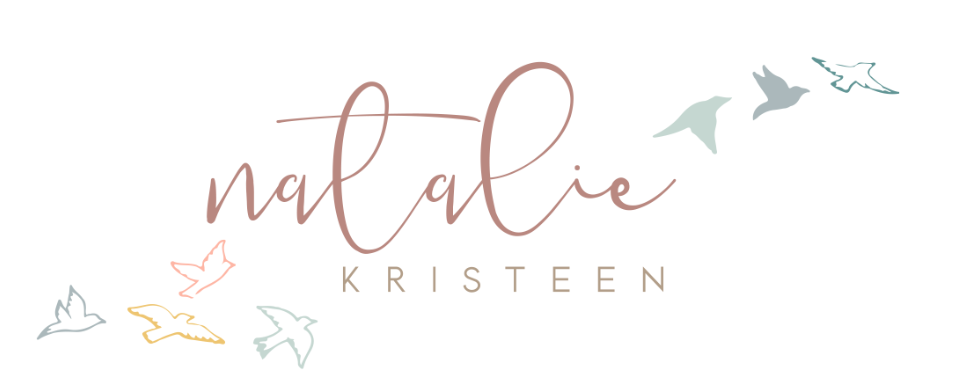God Can Handle Our Angry Feelings
Excerpt from my book which will be released September 18.
(March 2015)
“I hope you’re not mad at God.”
Her words were hopeful, thoughtful even, as we sat on the giant rock staring out over the ocean. Her eyebrows were raised, her posture stiff, a question on her face, imploring if I was indeed mad at Him or not.
I thought to myself about it, quiet, slow to respond. I sat slouched, but only because my hands were firmly planted on each side of my legs on the rock so I could stare steadily out over the ocean. Steady but relaxed, I halfway shrugged and said, “I don’t think I’m mad at Him, so to speak. But I do think, that if I were, He could handle it. You know? I think He can handle my anger. He seems pretty big.”
She didn’t respond immediately. She was our pastor’s wife, a dear friend, someone with whom I had confided in for years. A mentor and friend, we had grown close but since my miscarriage I really had began distancing myself. It was because of gentle and loving but invalidating statements such as these.
She wasn’t the only human I loved and respected that said these things. Not all, but many people in our church and friends and family circles, the communities we cherished and poured ourselves into, responded to us with an array of cliche, well-meaning, and yet hurtful statements:
“He doesn’t give you more than you can handle.”
“It was God’s plan.”
“Clearly there was something wrong with your baby, maybe it wasn’t healthy, and God wanted to prevent you from that.” (What?)
“It wasn’t God’s time for you to be pregnant.”
"He is in control.”
“Find joy in your trials.”
“At least you know you can get pregnant.”
“He gives and takes away life.”
“Don’t be mad at God. Don’t blame God.”
The oxymoron of “He gives and takes away life” and “Don’t blame God” are ridiculous.
I get it, though. I think there are truths and verses in the Bible that we blanket pain and use without diving into it's intended context. I have thrown those statements around in other peoples times of trial and suffering. I didn’t know how to respond and my surface-level heart assumed those words would help. Or did I? Was it for them or for me that I used those cliches in people’s true times of trial and suffering? Was it to make me feel better, like I had somehow spiritually pointed them towards God in their grief?
We sat on that rough rock ledge together, our legs and feet dangling high above the sand, our eyes focused on oceans deep. I pondered these things and wondered why Christians felt the need to blanket statement. Why I felt the need to attempt to salve with salt to real wounds.
Why is there so much shame in just allowing ourselves to feel?
To breathe in the reality of pain and grief and sorrow? Why is there so much judgement when we choose honesty through grief?
I decided again, there on that ledge, that I would continue to be honest. I would continue to find Him in the honesty even if it appeared or felt ugly and “ungodly.”
I may not find permission from Christian culture to grieve and acknowledge loss, but I find it in Him. He offers freedom like no one else can. The freedom found in gut-wrenching, pain-filled, ugly honesty.





